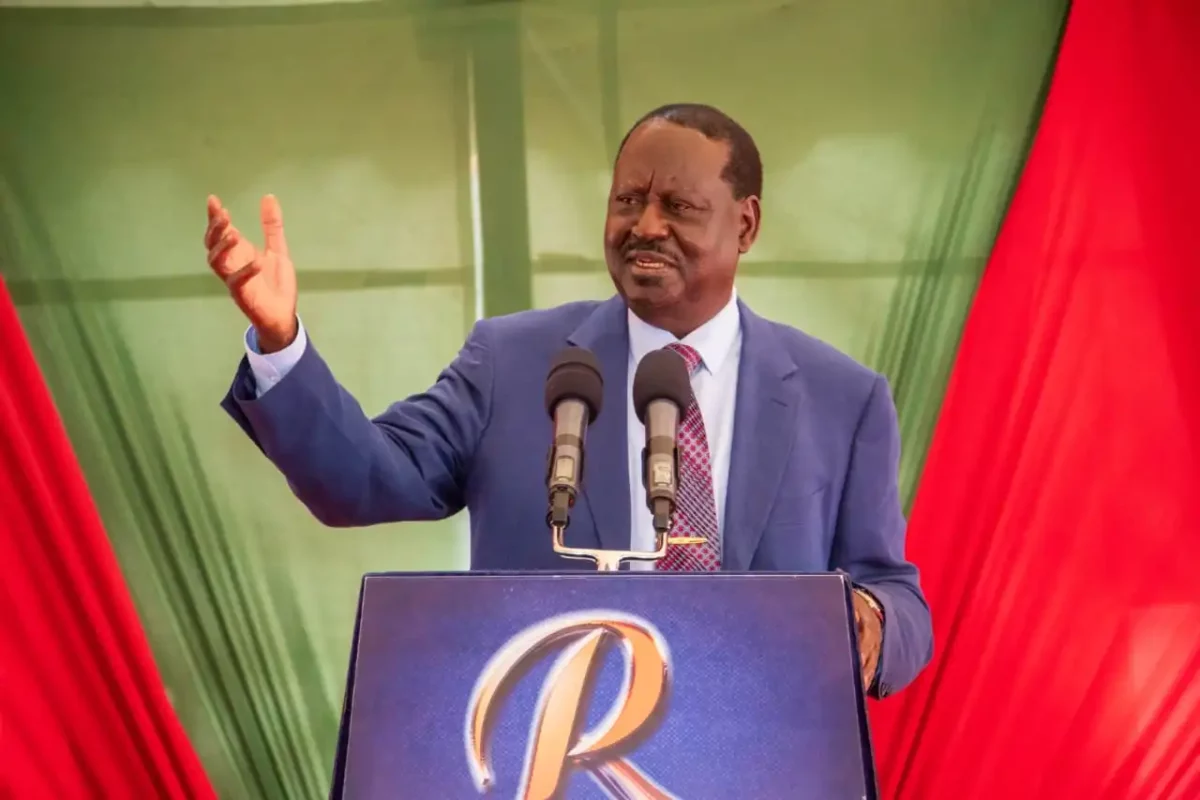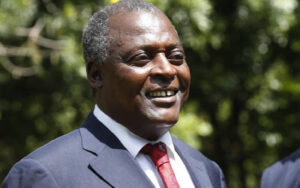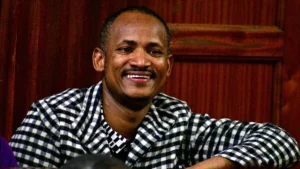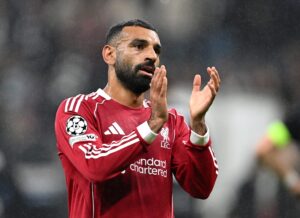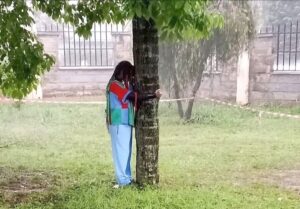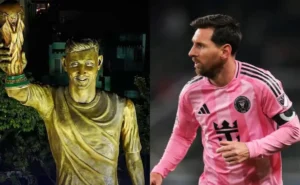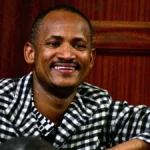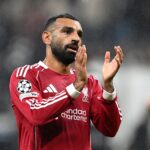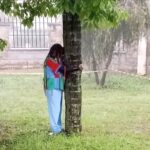“We shall have justice; we shall have it or level the entire country in our attempt to have it,” cried a bereaved brother after the call to dialogue by purported opposition leader Raila Amollo Odinga. History shows that Raila has been a key figure in the country’s political landscape, particularly in the fight for democracy. However, is that all that history tells us, isn’t the enigma a dealer too? One may ask.
Yesterday, the Kenyan government officially submitted Raila Odinga’s candidature for the position of the African Union Chairman. However, the submission, meant to take place on 30th June, was delayed by the chaos that has gripped the country in the last 10 weeks, with the citizens’ call for accountability by the government and redress to runaway corruption.
Raila Odinga, whose entry into politics was significantly influenced by his father’s political activities and the broader struggle for Kenyan independence, was first thrust into political controversy by his implication in a failed coup attempt against President Daniel Arap Moi, resulting in his detention without trial for six years (1982-1988). In 1989, he was detained again for his political activities and later released in 1991.
After his release, Raila joined the Forum for the Restoration of Democracy (FORD), a coalition fighting for multi-party democracy. Raila was elected as a Member of Parliament (MP) for Lang’ata in 1992 and held the seat until 2013. In 2005, Raila formed the Orange Democratic Movement (ODM), which has become one of Kenya’s leading political parties. He has held several key ministerial positions, including Minister for Energy (2001-2002) and Minister for Roads, Public Works, and Housing (2003-2005). Moreover, Raila was a key proponent of the 2010 Kenyan constitution, which introduced significant reforms aimed at decentralizing power and enhancing democratic governance.
Raila’s political career has been marked by numerous controversies and disputes over election results, leading to calls for electoral reforms. Now, Raila has run for president multiple times (1997, 2007, 2013, 2017, and 2022), often in highly contested elections. Despite strong support, he has faced significant challenges and allegations of election irregularities. Despite losing, he has always been able to come to accord with the winner.
You have heard parts of this story. Maybe all of it…
— Kipkalya Kones (@CollinceBey) July 25, 2024
Several months before the 1997 elections, Langata MP Raila Odinga decided he would support Kenneth Matiba for President in the coming elections. He had left Ford Kenya in late 1996, had run in the subsequent by-election and…
In 2008, following the disputed 2007 presidential elections and ensuing violence, Raila became Prime Minister in a power-sharing agreement with President Mwai Kibaki. Additionally, after the hotly contested elections of 2017, in which the results were nullified by CJ Maraga and Raila boycotting the subsequent re-election, Raila paralyzed the country’s government of the day by involving his significant base in weekly anti-government protests which resulted in the infamous handshake agreement with President Uhuru Kenyatta.
Together with President Uhuru Kenyatta, Raila spearheaded the BBI, a set of proposed constitutional amendments aimed at addressing issues of ethnic inclusivity, electoral justice, and governance. However, the BBI proposal was not successfully executed.
In the 2022 presidential election, Raila contested against William Ruto but did not win. After the elections, the Azimio coalition was the main opposition coalition in parliament. However, rumors of ODM’s collaboration with the Kenya Kwanza government, fuelled by the nomination of the party members to cabinet have seen other parties like Karua’s Ford Kenya exit the coalition.
The nominations which came in the wake of violent protests against the government, have been viewed by political commentators and the awakening masses as a leaf from Raila’s playbook of opportunism and political deals. Many have viewed it as a move to save the sinking government’s public perception by ramping up support from the ODM support base.
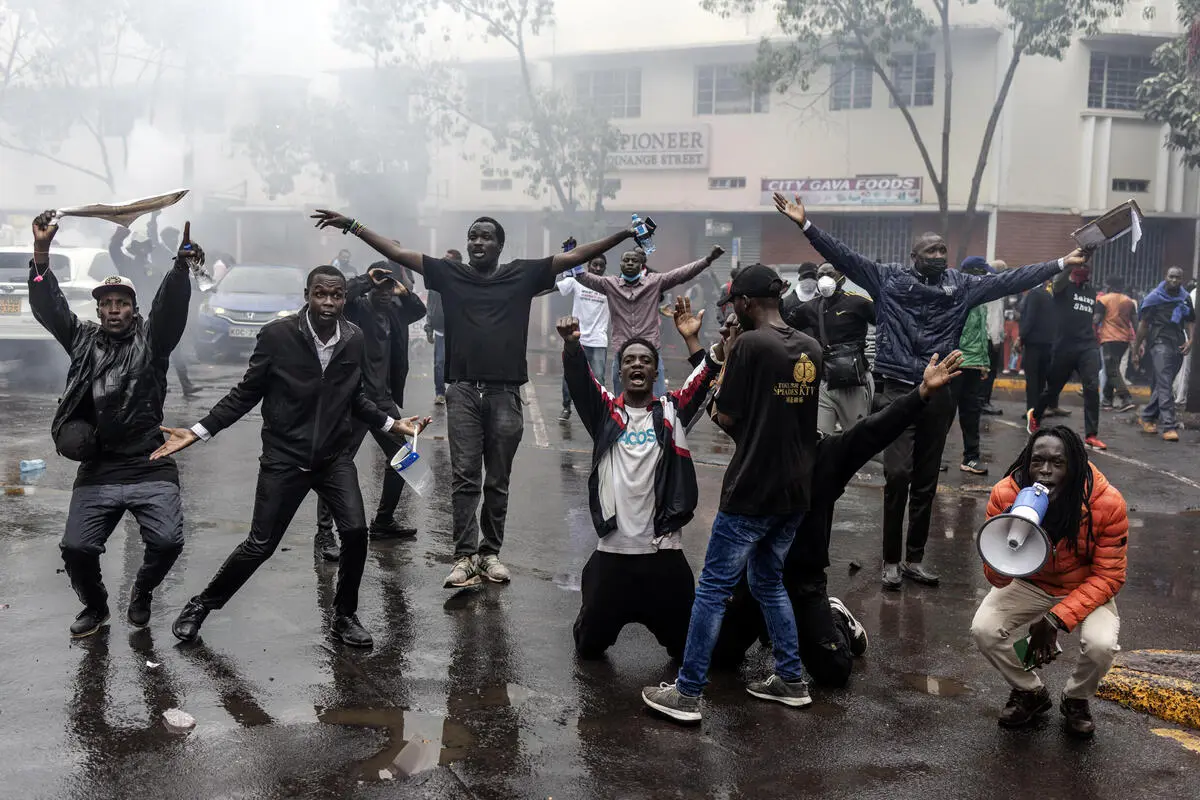
Despite these sentiments, Raila has maintained that his party is not in collaboration with the ruling coalition, saying he is committed to achieving peace and national unity through dialogue, which many have termed as boardroom political deals to muffle the voices demanding justice and accountability.
Kasmuel McOure, a self-styled revolutionary and vocal critic of corruption and bad governance, during an interview at a local TV station said “We do not need peace in this country; we’ve never needed peace to change this governance problem. What we are calling for is liberation. We cannot turn up at the dialogue table when some of us are turning up at the autopsy table.” Sentiments that resonate with the agitated youths, calling for accountability.
Kasmuel McOure, Activist: We cannot show up to dialogue tables when majority of us are showing up on autopsy tables. We do not want dialogue. Our demands are very simple and do not need conversation, they only need action#CitizenWeekend@OBurrows pic.twitter.com/wh1owmYRbH
— Citizen TV Kenya (@citizentvkenya) July 27, 2024
Going ahead to congratulate the nominees who include the ODM deputy leaders, Opiyo Wandayi and Hassan Joho, Chairman John Mbaadi, and Wycliffe Oparanya, without calling them out for going against party commitment and advising them to reject the positions, have betrayed his comments on the party’s commitment to hold the government in check.
Despite his constant reassurance of the public of the party’s mandate, the majority of his political base is already questioning Raila’s honesty. Some are wondering whether, Miguna Miguna, his former advisor, was right to label him a ‘political conman’.


